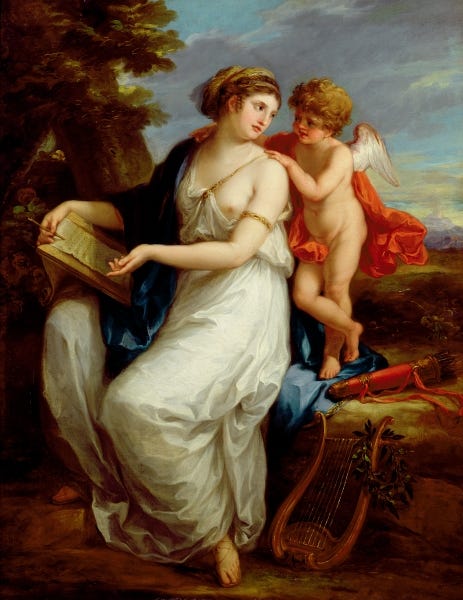Sound & Sense: An Open Thread
The fourth of our recurring opportunities — currently, every other Thursday — to learn what your fellow subscribers are reading and writing and thinking about

Keep reading with a 7-day free trial
Subscribe to Poems Ancient and Modern to keep reading this post and get 7 days of free access to the full post archives.



